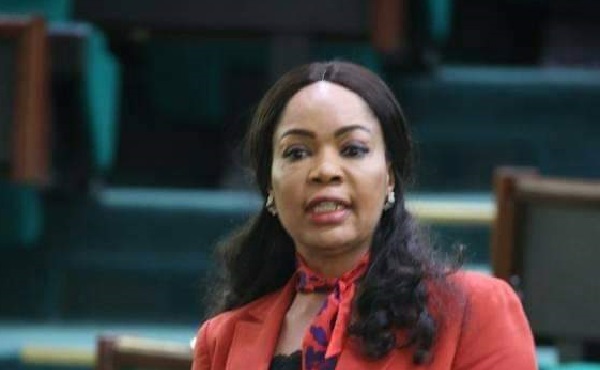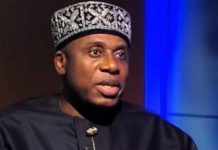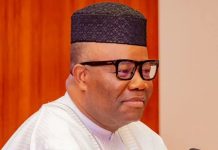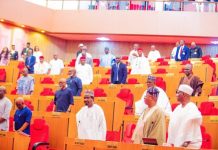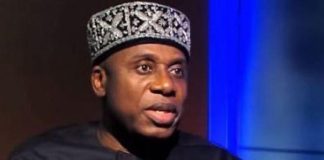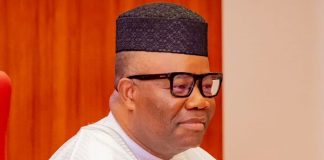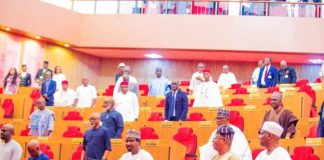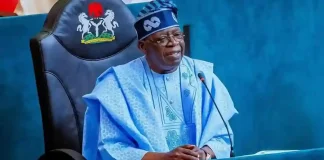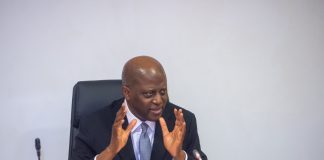🌿 Ruzu Non-Alcoholic Herbal Bitters
Ruzu Non-Alcoholic Herbal Bitters is a natural health supplement specially formulated to:
- ✅ Promote general wellness
- ✅ Detoxify the body
- ✅ Support the treatment of various ailments
Made from a powerful blend of 100% organic and medicinal herbs, Ruzu is completely alcohol-free, making it ideal for:
- 👪 All age groups
- 🌱 Health-conscious individuals
- 🌿 Anyone seeking non-alcoholic herbal remedies
Whether you're looking to boost your vitality, cleanse your system, or support healing the natural way, Ruzu Bitters offers a trusted herbal solution.
The Minister of Labour and Employment, Nkeiruka Onyejeocha, has emphasized that the Federal Government lacks the power to impose a minimum wage on states, local governments, and the private sector.
She made this call on Monday during an interview on Channels Television’s Politics Today.
“Remember that when ₦18,000 minimum wage was agreed upon, certain states couldn’t pay. After that, ₦30,000 minimum wage, some states couldn’t pay as we speak. So, it’s not something you decide for people…. the Federal Government does not have that power to impose.
“The Federal Government takes into cognisance that it’s the tripartite committee that would also ensure that if Mr A agrees to pay, he has to pay,” the Minister explained.
This statement comes amidst ongoing negotiations between the government and organized labour over a new minimum wage.
READ ALSO:Minimum wage: Fuel crisis looms as NUPENG orders members to join labour strike
Onyejeocha’s comments were in response to the ongoing strike by labour unions, which began on Monday. The strike was sparked by the government’s refusal to agree to a new minimum wage of ₦494,000, which labour unions have been demanding. The government, on the other hand, has offered a 100% increase from the current wage of ₦30,000, which is ₦60,000.
The Minister highlighted the challenges faced by states in implementing previous minimum wage agreements.
The Minister’s statement underscores the complexities involved in setting a new minimum wage. While the government has the authority to set a minimum wage for federal employees, it cannot impose one on states, local governments, and the private sector.
This means that any new minimum wage agreement must be negotiated and agreed upon by these entities.
Onyejeocha’s comments also suggest that the government is not willing to impose a minimum wage on these entities, despite the ongoing strike. Instead, she is urging labour unions to return to the negotiating table to find a mutually acceptable solution.
The ongoing strike has crippled economic activities in the country, and the government’s inability to impose a minimum wage on states, local governments, and the private sector may prolong the negotiations. However, Onyejeocha’s statement emphasizes the need for a collaborative approach to setting a new minimum wage that is fair and sustainable for all parties involved.
If you like what we do, and are ready to uphold solutions journalism, kindly donate to the Ripples Nigeria cause.

